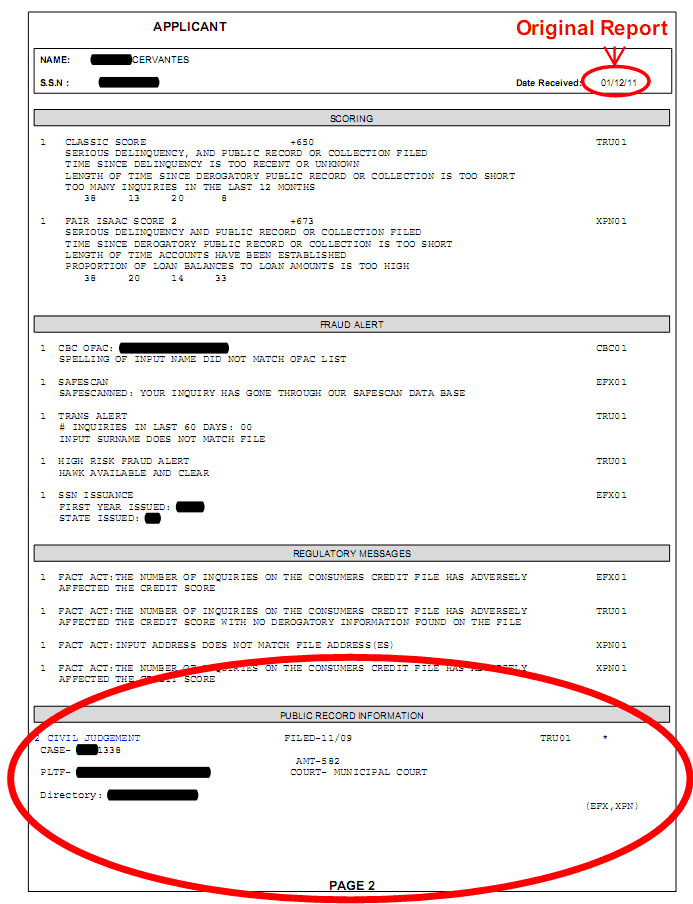Investing is so easy, anyone can do it. But not everyone can do it well. Investing intelligently is about getting the right information and considering all your decisions thoroughly. Without the right information, you can lose money instead of earning it. Keep reading for some awesome tips about investing your money.
Always get your properties inspected. Inspections are not a bad thing, and you shouldn’t think of them as an annoying expense. Inspections can uncover serious issues that may not be immediately apparent. This can give you negotiating leverage or allow you to fix issues before someone else requests an inspection.
Many people who are interested in buying and selling real estate join real estate clubs, and you should too! In this venue, you will find a high concentration of people who are interested in the properties you have to offer and/or who have properties on offer that you may really want. This is a great place to network, share your business cards and fliers and promote your business.
Don’t just go with the very first piece of property you come across when you’re looking for real estate to put your money into. A lot of the time you will find that there are better deals if you look hard for them. You don’t want to end up with something only to find a better deal after spending all your money on something else.
Pick one core strategy and get good at it. Your choices range from buying and flipping, buying and rehabbing or buying and renting. It is easier to master one of the three choices than dabble in two or three. In general, you make the most money in the long run by buying and holding.
As stated above, investing is relatively simple. However, you have to know what you are doing to be good at it. Follow the simple and helpful tips above to make the best decisions when it comes to your investments. You will be glad you did when your earnings come in.
You can also visit our other websites and post your article.
Our African Dream, Stem Works Columbus, Speed Pro Cares, Computer Business Breakthrough, California Partnership, Lewi Sham Connections, John Byrnes MD, Jo Bopp, Reo-Insider, Researching Readers Online, A Marketing Analytics, Here 4 Business, D Bartholomew, Vis For Veggies, Harrogate Allotment Show, In search Of Profound Knowledge, Marked Tree Chamber, Defense Footprint, Stephen Preston Law, Lift Your Legacy Pod Cast, Nut Nigeria, Natasha Publication, Web Design Course 4 U, Barron S Auctions, Sustainable Moraga, Deep Foundations 2015, Kayak Fishing Rodeo, Cellinos PCA, Premium Local Business, Web-Design-Agency, Northern Ohio Olds Club, Boka Hui, ICRT Darip, River Valley Rep, Inspire Core, Sko Beeva, Learn Spanish In Ecuador, Single Double, 3rd Wave Collaborative, British Solar Renewables

